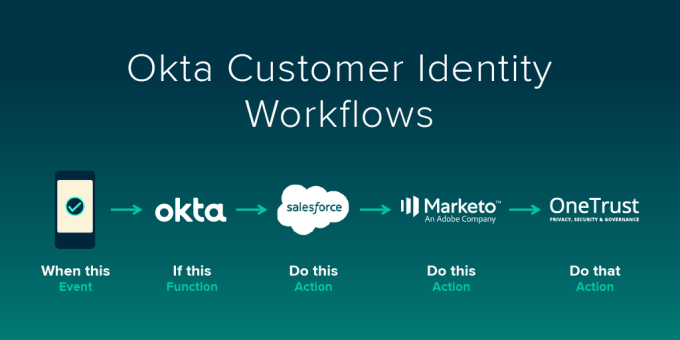Big Tech Rejects House Antitrust Report: A Breakdown of Key Responses
Following the release of the U.S. House Judiciary Committee’s landmark antitrust report, tech giants Amazon, Apple, Facebook, and Google have issued strong rebuttals denying allegations of monopolistic practices. The report proposed sweeping reforms including structural separations, interoperability requirements, and stricter merger enforcement.
Amazon’s Defense: Retail Competition Claims
In a detailed blog post, Amazon dismissed the committee’s findings as “fringe notions,” arguing:
“These misguided interventions would force millions of independent retailers out of online stores… For consumers, the result would be less choice and higher prices.”
Key arguments include:
- Positioning itself as a small player in global retail (citing Walmart as larger)
- Highlighting competition from Best Buy, Costco, Target, and others
- Claiming 60% of physical product sales come from third-party sellers
- Ignoring its acquisition of Whole Foods in competitive analysis
European regulators remain skeptical, having investigated Amazon’s use of merchant data in 2019.
Apple’s App Store Arguments
Apple issued a statement “vehemently” disagreeing with the report’s conclusions, emphasizing:
- No dominant market share in any business category
- App Store’s role in enabling $138B in U.S. developer commerce (85% to third parties)
- Commission rates “in line with industry standards”
- Privacy and security benefits of app curation
The company promised a more detailed response soon, while defending its 30% commission structure despite ongoing developer complaints.
Facebook’s American Success Narrative
Facebook framed its growth as quintessential American innovation:
“Instagram and WhatsApp have reached new heights because of Facebook’s billions in investment.”
Notably absent from their statement:
- Mention of Onavo VPN data used to identify acquisition targets
- Acknowledgement of reduced social media competition post-acquisitions
- Response to claims of anticompetitive surveillance practices
Google’s Warning Against Breakups
Google’s response focused on:
- Highlighting free product value (Search, Maps, Gmail)
- Warning of economic harm from antitrust actions
- Supporting “clearer laws” on data portability and privacy
- Avoiding discussion of its dominant search/advertising market share
The company strategically positioned itself as supporting regulatory improvements while rejecting the report’s core allegations.
The Road Ahead
These responses showcase Big Tech’s unified strategy:
- Deny monopoly status by redefining market boundaries
- Highlight benefits to small businesses/developers
- Warn of consumer harm from regulation
- Shift focus to geopolitical tech leadership concerns
As antitrust scrutiny intensifies globally, these arguments will face increasing challenges from regulators armed with deeper market analyses.
📚 Featured Products & Recommendations
Discover our carefully selected products that complement this article’s topics:
🛍️ Featured Product 1: Half Zip Comfy – Snow White
 Image: Premium product showcase
Image: Premium product showcase
High-quality half zip comfy – snow white offering outstanding features and dependable results for various applications.
Key Features:
- Industry-leading performance metrics
- Versatile application capabilities
- Robust build quality and materials
- Satisfaction guarantee and warranty
🔗 View Product Details & Purchase
🛍️ Featured Product 2: Rose Long Sleeve – Bright Green
 Image: Premium product showcase
Image: Premium product showcase
Advanced rose long sleeve – bright green engineered for excellence with proven reliability and outstanding results.
Key Features:
- Professional-grade quality standards
- Easy setup and intuitive use
- Durable construction for long-term value
- Excellent customer support included
🔗 View Product Details & Purchase
💡 Need Help Choosing? Contact our expert team for personalized product recommendations!












